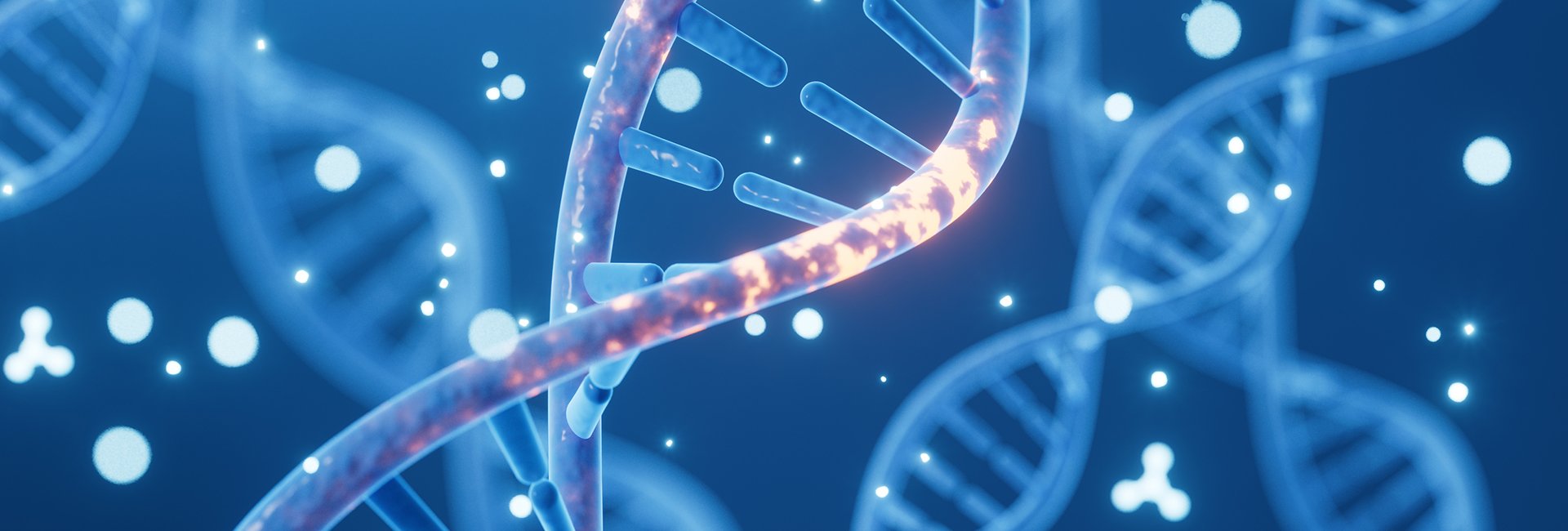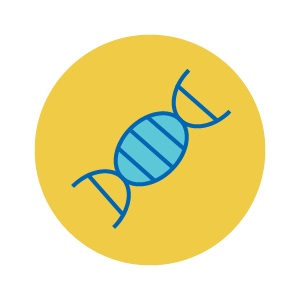
About SCAR-15
What is SCAR-15?
Spinocerebellar Ataxia Recressive Type 15 (SCAR-15) is a rare degenerative genetic disorder impacting the cerebellum, which is characterized by early-onset progressive loss of coordination of hands, gait, speech, eye movement, dysarthria, and developmental delay.
Identifying SCAR-15
Epilepsy and abnormal reflexes exist in a subset of affected individuals. Today there are only a few known cases of SCAR-15 in the world. However, given that the RUBCN gene was only recently upgraded to a causative disease gene, it is likely that this condition is underdiagnosed in the general population. Through increasing research and awareness, we believe the number of patients will increase and more people will be able to identify SCAR-15 as the diagnosis for their condition.
Gene Inheritance
SCAR-15 is inherited in an autosomal recessive pattern. We all have two copies of each gene in our bodies, one we inherit from our mom and one from our dad. SCAR-15 is caused when both copies of the RUBCN gene have a genetic variant which stops the Rubicon protein from being made or produces a smaller version of the Rubicon protein. Parents who have one copy of the RUBCN gene with a genetic variant are unaffected carriers. When both parents are carriers, each of their children would have a 1 in 4 (or 25%) chance of having SCAR-15.
In Jack's case, through extensive genetic testing, it's believed that his SCAR-15 was caused by maternal uniparental disomy of chromosome 3, which is a scientific way of saying that he received two copies of the same gene from his mom and none from dad. Because of this, a recessive mutation of the Rubicon gene on his third chromosome presented. Recent studies now suggest that a mutation of the Rubicon gene is linked to SCAR-15.
Treatment
There is currently no recognized treatment or cure for SCAR-15. Common therapies to address symptoms include physical therapy, occupational therapy, speech therapy and feeding therapy. Additionally, as symptoms progress, individuals with SCAR-15 will endure additional daily challenges.

You Can Help
Please Consider a Donation!
Your generous donations will continue to aid our mission to help fund research to develop treatments and a cure for SCAR-15.



